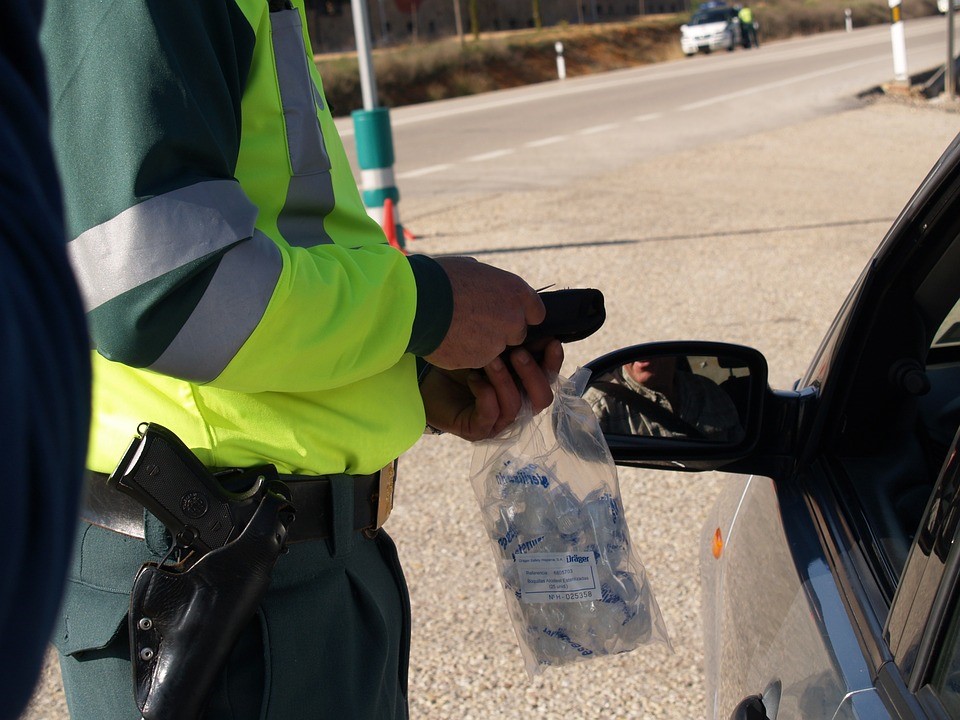What are the Legal Ramifications of Impaired Driving?
Impaired driving is a still a serious problem today, despite the numerous road use and safety regulations implemented over the last 20 years. While almost everyone knows the risks of drinking and driving, the numbers show an otherwise surprising trend of never-ending cases of accidents and even deaths caused by impaired driving.
After having a couple of drinks, you might feel fit to drive, but before you get on the road, it’s important to think of the legal ramifications of driving under the influence of alcohol or drugs. Driving when impaired endangers your life and that of others and can cost you dearly. Here is what you should know.
Contents
Legal Fees
Impaired driving is a criminal offense in all U.S. states. When charged with drinking under the influence (DUI), you will definitely have to face some legal ramifications including paying legal fees to go to court and even hire a lawyer to represent you in your DUI case. A conviction often comes with harsher penalties.
Hiring a skilled DUI lawyer is perhaps your best option and the difference between being convicted for a DUI case and getting off with a lesser, non-criminal charge. You should note that once you’ve been charged with a DUI case, you’ll have to deal with the lengthy and complex legal proceedings that will also cost you a significant amount of money.
Fees and Penalties
Drunk driving charges don’t just involve a single ticket. You should expect to shoulder an even bigger financial burden. For the first offense, you may have to part with a $1000 fine. If your driving license is suspended, you’ll have to pay additional fees to have it reinstated.
After getting your license back, you’ll likely have to pay for an ignition interlock device to be installed in your vehicle. The device installation can cost $150 and $100 service fee per month. For a second or third DUI offense, the value of the fine goes exponentially higher.
Driving License Suspension
The ability to drive is essential for many people. A first DUI offense could lead to your driving license being suspended for months or even a year. This may increase to a 3-year suspension for a second offense and potentially a lifetime ban for a third offense.
To have your driving license reinstated, you will have to enroll in several programs or courses that will educate you on the dangers of driving under the influence of alcohol or drugs. These courses are quite expensive and will end up taking more of your time, even requiring you to take time off work.
Ignition Interlock Device
Today, more states are opting to have an ignition interlock device installed in vehicles of first-time offenders instead of revoking their driving licenses. This device works by testing the alcohol content of the driver after which the car will only start if the test results meet the required standards, depending on state regulations.
If you are charged with a DUI offense, you may have to install the device in your vehicle. The device is meant to ensure that you never drink and drive and will even beep periodically when driving, indicating that you need to pull over and do a re-test. The process can be quite frustrating, considering that you also have to cover the cost associated with it.
28 Americans die every day in motor vehicle accidents that involve a drunk driver. An interlock device may be the last thing you want, but these devices are playing a greater role in reducing these numbers.
Hiked Car Insurance
When you’re convicted of a DUI offense, insurers often see a huge liability and will increase your car insurance premiums. Auto insurance rates are rising, and the last thing you want is having to deal with additional hikes due to impaired driving. Insurance premium hikes can be twice or even thrice what you’ve been paying.
Criminal Record
Drunk driving is a federal criminal offense. Once convicted, you’ll earn yourself a criminal record. Employers often ask you to disclose your criminal convictions when applying for a job and a DUI conviction will likely cost you the position. You may have to wait for a few years until the offense is removed from your record.
Although there is an alcohol limit in every state when driving, you should always ask yourself whether it’s worth all the risk.







Pingback: Talking to Your Teenager About Drunk Driving